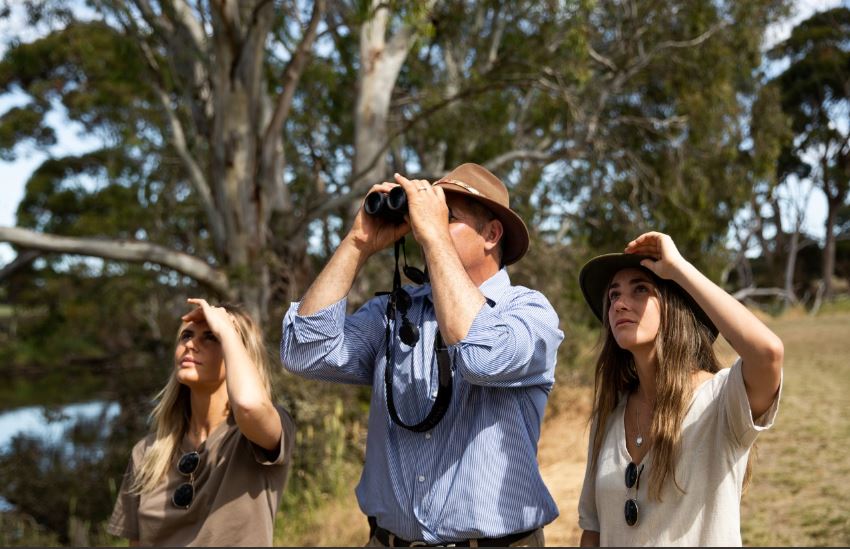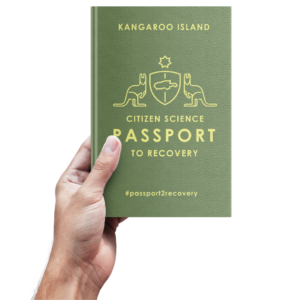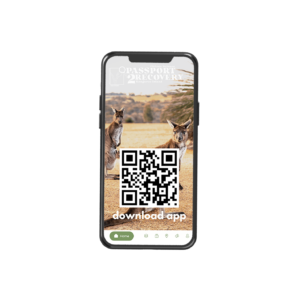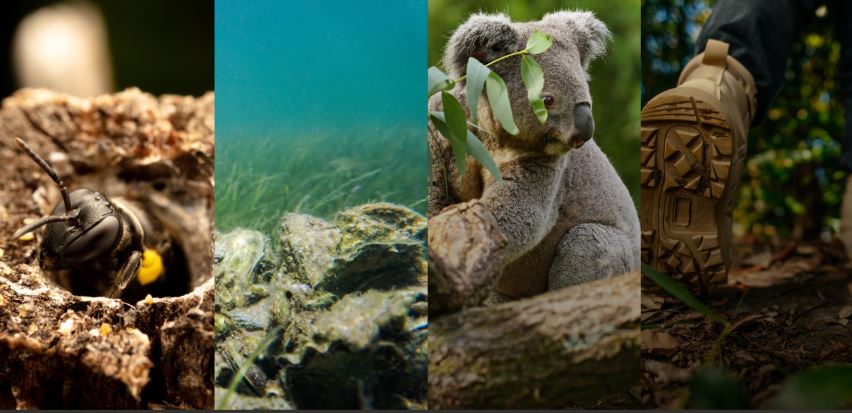
Visitors to South Australia’s popular holiday destination, Kangaroo Island, are invited to lend a hand to help the island’s world-leading environment by joining the ‘Passport to Recovery’ citizen science project this summer.
 ‘Arrive as a tourist, leave as a scientist’ is the tagline for the new $1.1 million Federal Government-backed program which is targeting a series of special conservation and ecology projects on this important South Australian ‘biological hotspot’ over the next three years.
‘Arrive as a tourist, leave as a scientist’ is the tagline for the new $1.1 million Federal Government-backed program which is targeting a series of special conservation and ecology projects on this important South Australian ‘biological hotspot’ over the next three years.
The island’s community, its plants, animals, environment and economy are still recovering after large sections of national park and farmlands were devastated by the Black Summer bushfires of 2019-20 – and the P2R project aims to help push along recovery, says program leader Flinders University Professor Karen Burke da Silva.
“By simply getting involved, everyone can play a part in helping our favourite holiday destination get further along with its post-fire revival,” says conservation biologist Professor Burke da Silva.
“Flinders University is working with key community and business partners to help with the environmental recovery, as well as the local economy.
“All you need to do is to download the app onto your phone and pick up a P2R Passport from the SeaLink ferry terminal or Kingscote Airport, to help with these key projects.”
Users of the app will also collect special reward points for each activity completed to redeem at local businesses.
The first projects citizen scientists can take part in include helping to conserve koalas and native bees, track plant pathogens and monitor shellfish reef restoration. The app will be a vital part of data collection from across Kangaroo Island for future conservation efforts. Other projects – including microplastics pollution and other species observations – will roll out in 2023.
 The ‘Smart Nests’ project invites citizen scientist to make observations at the special Flinders University technology-integrated ‘bee hotels’ around the island and assist in identifying pollinator activity on plants and agricultural crops.
The ‘Smart Nests’ project invites citizen scientist to make observations at the special Flinders University technology-integrated ‘bee hotels’ around the island and assist in identifying pollinator activity on plants and agricultural crops.
Marine ecology project, ‘Reef Rewind,’ is focusing on the potential to re-establish native shellfish reefs in Kingscote. Swimmers and snorkellers will be invited to record sea life in the town’s coastal zone to monitor the development of the reef and coastal ecology over time.
The ‘Koala Compass’ project invites citizen scientists to help locate and collect photos and data on the behaviour and habitats of surviving koalas they see during their travels around Kangaroo Island. This information will be used to explore koala movements back into bushfire-affected areas and for future conservation efforts.
Sighting and reporting evidence of a small plant pathogen called phytophthora is the target of the ‘Dirty Boots’ project, which invites tourists to also take a small soil sample from their shoes for analysis by experts from Flinders University. Phytophthora dieback disease can spread easily and affects crops and susceptible plants which might be important habitat for animals and insects.







